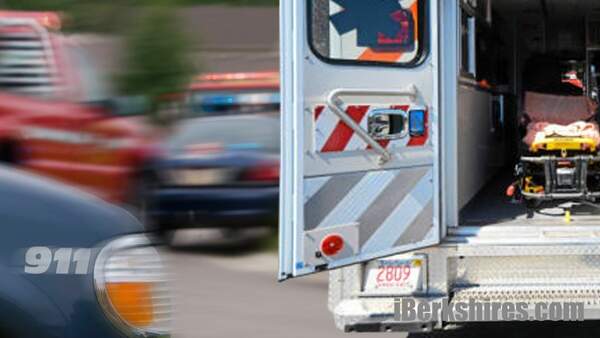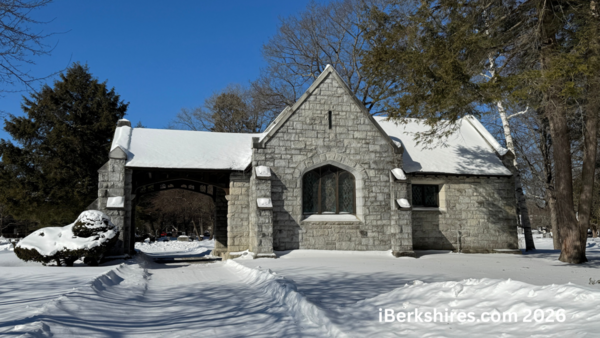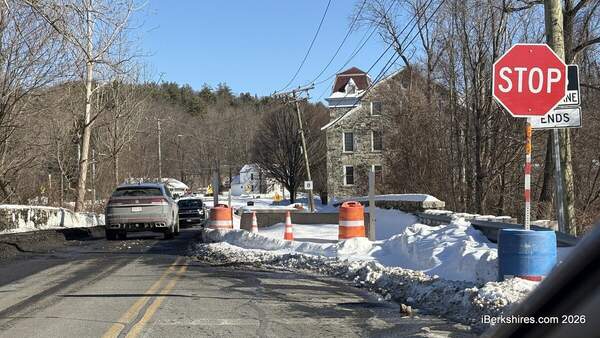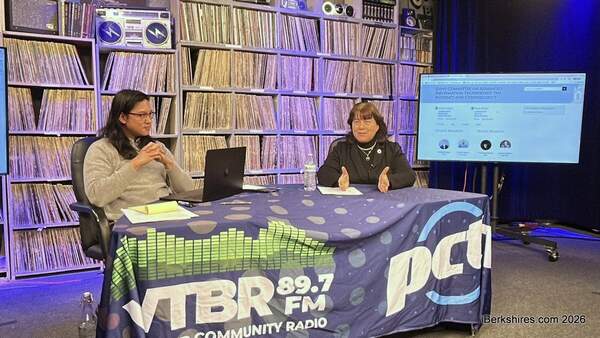Aggie Commissioner Harvests Ideas
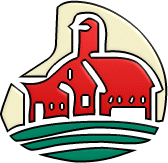 |
So Douglas W. Petersen is going directly to the roots of the state's farming community to learn what he can do for them.
Addressing a room of nearly 100 regional farmers, growers, members of Berkshire Grown (a local farm advocacy group) and conservationists Tuesday night at the Berkshire Athenaeum, Peterson and Assistant Commissioner Scott J. Soares shared their hopes for the upcoming year while listening to locals' concerns about the future of their industry.
"I see the Department of Agricultural Resources as the primary agency for the Massachusetts farmer and I want to make sure we're serving their needs the best," said Petersen, who described his short time in office as a "trial by fire."
Chief among his promises was ensuring that all 6,100 farms in the state have resources available to them. Fielding questions about the creation of a dairy farm revitalization task force, an increase in federal grant money for the agricultural preservation restriction program and how to entice young people to embrace farming, Petersen said he intends to take ideas and priorities back from the Berkshires back to Boston.
"I've got a lot of new ideas about how to market Massachusetts," he said, adding that the night's best suggestion was placing and advertising farm stands on the Massachusetts Turnpike and at Logan Airport.
Petersen, a 17-year veteran of the State House, was named to the post in November by Gov. Deval Patrick. The Marblehead resident's nomination was greeted with a chorus of protests from some farmers and commercial growers who said he didn't have the experience for the job. Some said his strong environmental record on several issues was in opposition to farmers' needs.
Petersen and Soares were in the Berkshires as part of a listening tour aross the state and made stops at High Lawn Farm in Lee and Hilltop Orchards in Richmond.
"Agricultural is alive and well in the Berkshires, for sure," said Petersen.
At the Athenaeum, farmers and other residents expressed concerns about a variety of issues ranging from farmer's markets to right-to-farm communities to alternative energy possibilities.
In response to Adams Agriculture Commission Chairman Joseph Nowak's question about a loss of funds over the years for state agricultural fairs, Soares revealed that the Patrick hoped to put more money - $1 million over five years - into creating and improving fairs.
"I'm very proud to keep our fair going but it's more difficult now financially," said Nowak, who co-founded the fair 34 years ago. "We'd lose a lot if we lost our fairs."
Need Doctors
Prudy Barton, a member of the Lanesborough Agriculture Commission, said she hoped the commissioner would look into addressing the shortage of large-animal veterinarians in the area. With her farm's vet based in Shaftsbury, Vt., she said she is often forced to treat her animals herself.
Daniel Seitz, president of the board of directors of the Berkshire Co-op in Great Barrington and the only attendee to have the honor of asking two questions, wanted to know how to better support small organic and environmental programs when the federal farm bill provides subsidies primarily to large-scale farms.
"We're trying to shape the farm bill more to our liking and we're making progress," said Petersen. "This bill is far more friendly to the Northeast than any other bill I've ever seen."
The biggest source of trepidation for farmers at the meeting was the lack of education on farming and agriculture amongst the younger generation. With the average age of farmers pushing 50, Petersen said the state needs to come up with creative ways to recruit youth.
"My fear, given how the world is changing, is that it may not be enough," he said.
Petersen suggested seeking out legal immigrants (who may have come from rural backgrounds) to work on farms and help to run them.
Saying that most farmers are also conservationists, Petersen said he was committed to finding ways to utilize alternative and renewable energy sources.
"We're trying to bring alternative energy sources to the farms, not only for environmental reasons but also for economic reasons. Most farmers, we find, want to be environmentally-friendly. Every farmer sees himself as a conservationist, not necessarily an environmentalist. I want to ease that tension," said Petersen. "We should work together toward the same goal."
Following the listening sessions, the commissioner, as well as the Legislature, will work on bringing some of the farmers' ideas to fruition.
"We're going to follow up on some of the things we were talking about here," said state Rep. Denis E. Guyer, D-Dalton, who helped organize the commissioner's visit. "We've learned some new things and we've got some new ideas."

